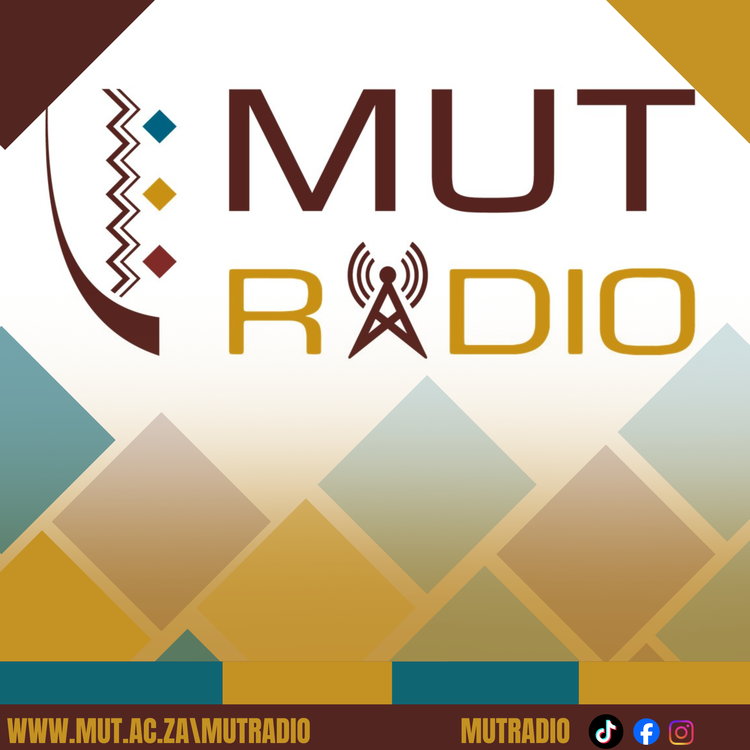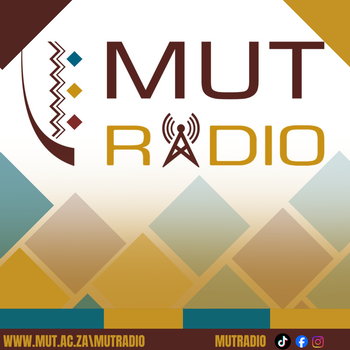
Dr Amaleya Goneos-Malka had an interview with Dr. Luz-Helena Hanauer
Loading player...
This week on Womanity – Women in Unity, Dr. Amaleya Goneos-Malka talks to Dr. Luz-Helena Hanauer, who was part of the 2025 African Women In Dialogue Secretariat, a powerful movement that unites women from across the continent to amplify their voices and drive meaningful change.
As she shares her experience with AfWID, Dr. Hanauer takes us behind the scenes of the 2025 African Women in Dialogue conference, which brought together 1,000 women from 55 countries for five days of transformative discussions. She delves into the core philosophy of AfWID, which is not an organization in the traditional sense, but rather a movement, born of African women and financed by Africans - one that thrives without bureaucracy, external funders, or rigid structures. Instead, it is a dynamic platform for women to share knowledge, support one another, and take action in their own communities.
Throughout the conversation, Dr. Hanauer highlights key themes from the event, including feminist leadership, economic empowerment, sustainable agriculture, and the role of women in peacebuilding and conflict resolution. She passionately discusses how African women, particularly those at the grassroots level, are already financially savvy, technologically resourceful, and leaders in their own right - challenging conventional leadership models and paving the way for a more inclusive future.
The episode also explores AfWID’s unique approach to fostering unity across generations and socio-economic backgrounds. By removing titles, wealth disparities, and societal labels, the dialogue creates a rare space where every woman - whether a rural farmer, entrepreneur, or policymaker—stands as an equal.
One of the most powerful segments of the discussion revolves around the need to move beyond traditional power structures and embrace new ways of creating change. Dr. Hanauer stresses that peace will be the reward for women’s collective activism, emphasizing that true progress lies in personal accountability, knowledge-sharing, and challenging patriarchal structures that perpetuate inequality.
Listeners will be inspired by the ten personal commitments that emerged from the dialogue—ranging from championing peace and solidarity to promoting sustainable development and financial independence. As Dr. Hanauer eloquently states, “We are the ones we have been waiting for.”
As she shares her experience with AfWID, Dr. Hanauer takes us behind the scenes of the 2025 African Women in Dialogue conference, which brought together 1,000 women from 55 countries for five days of transformative discussions. She delves into the core philosophy of AfWID, which is not an organization in the traditional sense, but rather a movement, born of African women and financed by Africans - one that thrives without bureaucracy, external funders, or rigid structures. Instead, it is a dynamic platform for women to share knowledge, support one another, and take action in their own communities.
Throughout the conversation, Dr. Hanauer highlights key themes from the event, including feminist leadership, economic empowerment, sustainable agriculture, and the role of women in peacebuilding and conflict resolution. She passionately discusses how African women, particularly those at the grassroots level, are already financially savvy, technologically resourceful, and leaders in their own right - challenging conventional leadership models and paving the way for a more inclusive future.
The episode also explores AfWID’s unique approach to fostering unity across generations and socio-economic backgrounds. By removing titles, wealth disparities, and societal labels, the dialogue creates a rare space where every woman - whether a rural farmer, entrepreneur, or policymaker—stands as an equal.
One of the most powerful segments of the discussion revolves around the need to move beyond traditional power structures and embrace new ways of creating change. Dr. Hanauer stresses that peace will be the reward for women’s collective activism, emphasizing that true progress lies in personal accountability, knowledge-sharing, and challenging patriarchal structures that perpetuate inequality.
Listeners will be inspired by the ten personal commitments that emerged from the dialogue—ranging from championing peace and solidarity to promoting sustainable development and financial independence. As Dr. Hanauer eloquently states, “We are the ones we have been waiting for.”

